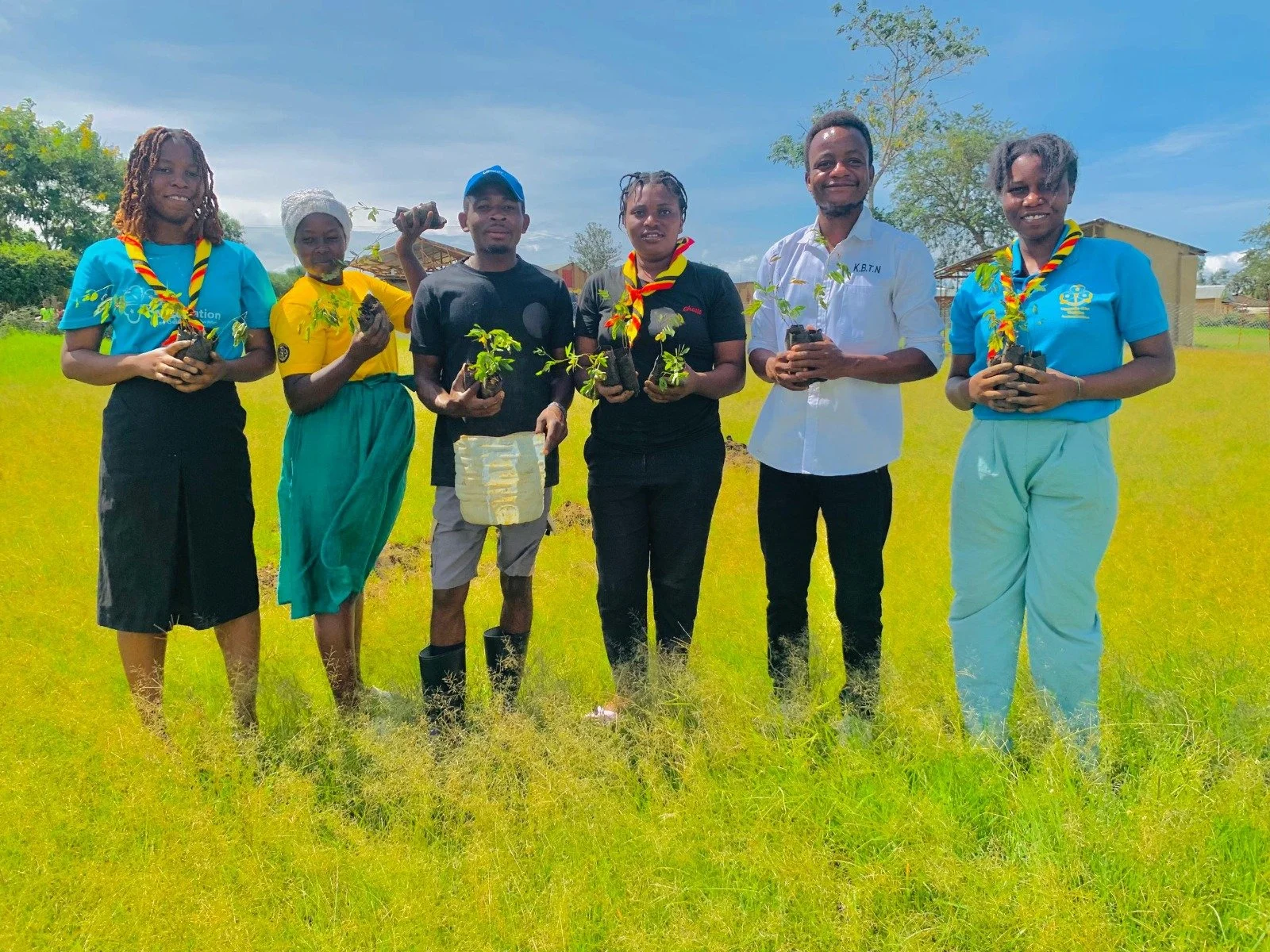Restoring Hope from the Ground Up: Why Soil, Sustainability, and Regenerative Farming Are the Keys to Nakivale's Future
The Nakivale Refugee Settlement in Uganda stands at a critical crossroads. Once buoyed by global humanitarian aid, its resident refugees from over five neighbouring nations are now caught in a deepening food crisis following the withdrawal of major food aid support. In this article, I explore a promising, scalable solution: regenerative agriculture rooted in community-based soil knowledge, sustainable agroforestry and permaculture practices, and self-reliant farming. With over 75% of Nakivale’s refugee population relying on agriculture as their primary economic activity, the soil represents more than land. It means our survival. By transforming Nakivale’s struggling smallholders into empowered stewards of their land, we can unlock food security, resilience, and dignity for over 171,000 displaced individuals.

